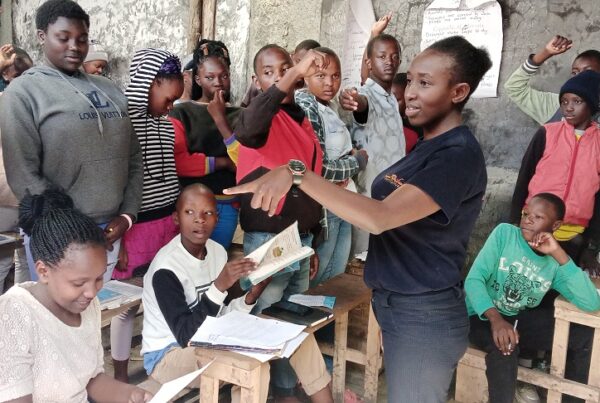In many Kenyan communities, the challenge of hunger is a daily reality for children. This persistent issue doesn’t just affect their health—it significantly hampers their ability to learn and thrive in school. Recognizing this, school feeding programs have emerged as a vital intervention, addressing both nutritional needs and educational outcomes.
The Link Between Nutrition and Learning
Nutrition plays a crucial role in a child’s cognitive development and academic performance. Studies have shown that children who receive adequate nutrition are more attentive, have better memory retention, and exhibit improved problem-solving skills. Conversely, malnutrition can lead to decreased concentration, increased absenteeism, and lower academic achievement.
The State of School Feeding in Kenya
Kenya has recognized the importance of school feeding programs in promoting education and health among its youth. The government, in collaboration with various organizations, has implemented initiatives to provide meals to students, particularly in underserved areas. These programs aim to:
- Increase school enrollment and attendance
- Enhance students’ nutritional status
- Improve academic performance
- Alleviate short-term hunger
Despite these efforts, challenges such as funding constraints, logistical issues, and food insecurity continue to affect the consistency and reach of these programs.
BVI’s Commitment to Nourishing Young Minds
At BVI, we understand that a well-fed child is better equipped to learn and succeed. Our Feeding Program is designed to provide nutritious meals to students, ensuring they have the energy and focus needed for their studies. By addressing hunger, we aim to:
- Reduce absenteeism and dropout rates
- Enhance students’ concentration and academic performance
- Promote overall health and well-being
Our program not only supports individual students but also contributes to the broader goal of breaking the cycle of poverty through education.
The Broader Impact of School Feeding Programs
Beyond the immediate benefits to students, school feeding programs have a ripple effect on communities:
- Economic Support: They create employment opportunities for local food suppliers and vendors.
- Gender Equality: By providing meals at school, girls are more likely to attend and complete their education.
- Social Cohesion: Shared meals foster a sense of community and belonging among students.
These programs serve as a foundation for long-term societal development, emphasizing the importance of investing in children’s nutrition and education.
Conclusion
Addressing hunger through school feeding programs is not just a matter of health—it’s a strategic investment in the nation’s future. By ensuring that children have access to nutritious meals, we empower them to achieve their full potential academically and beyond. At BVI, we remain committed to this cause, recognizing that nourishing young minds is a critical step toward building a brighter, more equitable future for all.






